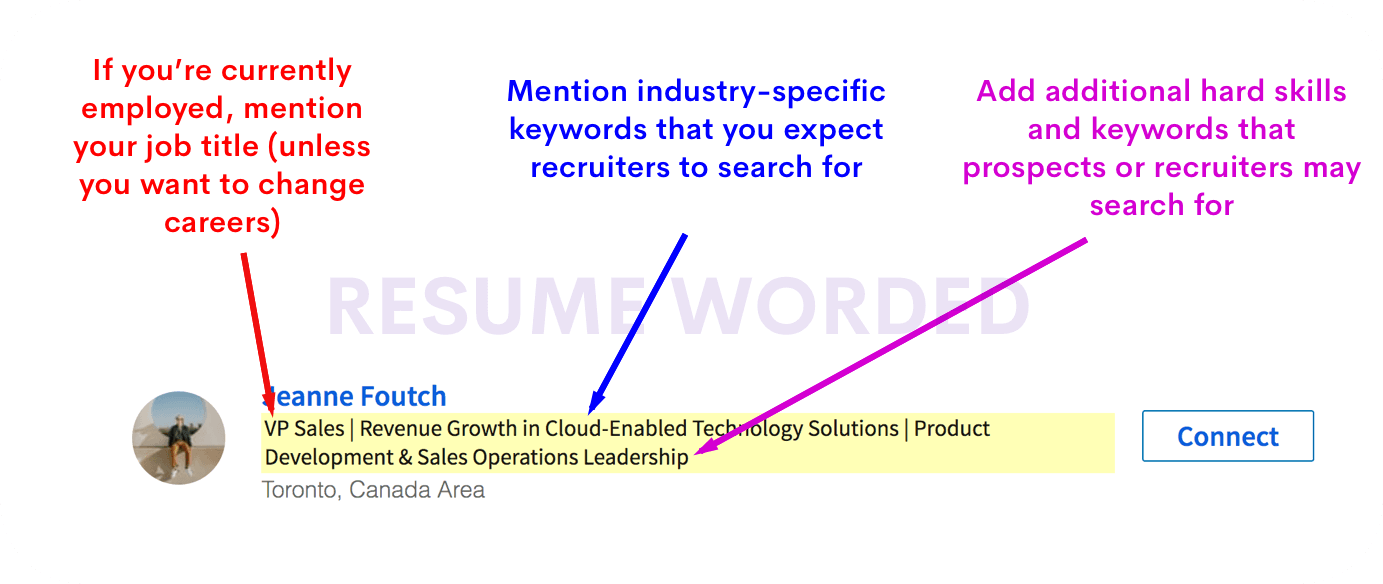We all know job searching can be tedious. Wouldn’t it be great if there was a way to outsource that work to somebody else?
That’s where headhunters come in (sort of). While they aren’t personal job finders, headhunters can take some of the work out of looking for a job — if you’re an attractive enough candidate. But what exactly does that mean, and how can you become the sort of candidate headhunters are looking for?
What is a headhunter?
Unlike internal recruiters or hiring managers, who usually fill positions by advertising and waiting for applications to roll in, headhunters (also known as external recruiters) actively look for candidates who may be a good fit for currently open or potential future positions. This is especially true of senior or executive positions, which are harder to fill and often require someone with more specialized experience. Headhunters also don’t tend to work directly for a company, but through an external agency or search firm.
Strategies for attracting a headhunter
Outbound strategies (aka. How to find a headhunter)
Want to be headhunted? The most reliable way is by reaching out to recruiters directly. Here’s a quick guide to get you started:
- Start with your network. Ask people in your network for recommendations — chances are somebody will be able to point you in the right direction.
- Search LinkedIn. Use keywords like “executive recruiter” to boost your search.
- Look for headhunters that specialize in your industry. This is key — the more specialized the headhunter, the more connections and expertise they’re likely to have.
- Send a connection request. Use these LinkedIn connection templates to send the right message.
- Ask questions. Remember that while a good headhunter is worth their weight in gold, a bad one will likely get you nowhere, so make sure they understand your role and what you’re looking for.
Read more: How to find recruiters on LinkedIn
Make sure your resume is in order
Once you get in touch with a headhunter — especially someone new you've recently connected with — you'll probably need to send over your resume so the headhunter has a good idea of your overview of your experience and the kinds of roles you'll be a fit for.
Make sure your resume is in shape and is effective enough — the last thing you want is to spend all the effort on making the connection with a headhunter, but having your resume fall you short. You can also use an easy tool like the one below to do a quick scan of your resume to make sure it's in order.
Inbound strategies (aka. How to get a headhunter to find you)
Getting a headhunter to find you is a great passive option, but it requires a little bit of preparation to be truly effective. There are two key things you’ll need to do in particular:
- Optimize your LinkedIn profile. Use relevant keywords in your headline, make sure your work history and accomplishments are up to date, and run your profile through LinkedIn Review for personalized feedback and increased job leads.
- Be active. The more active you are on LinkedIn, the easier it is for headhunters to find you. Search for industry-specific groups, link to interesting articles, and write blog posts that offer insights into your field.
Read more: How to use LinkedIn to develop your personal brand
You can use the tool below to find relevant keywords and skills to include in your LinkedIn headline. For example, search for Project Manager and it’ll give a list of skills headhunters look out for in Project Managers that they recruit.
FAQ
What is the difference between headhunters, recruiters, and hiring managers?
There’s a lot of overlap between the three, but there are subtle differences.
Headhunters are generally external recruiters who work for themselves or for an agency or firm. They place candidates across a range of client companies.
Internal recruiters work directly for a company and are more common in larger companies.
The hiring manager is the person ultimately responsible for making hiring decisions. This may or may not be the person who will manage the successful candidate.
Can I be headhunted for an entry-level or mid-level position?
It’s not impossible, but it is less likely. Headhunters become more common the further you go up the chain — few CEO positions are openly advertised, while it’s very unusual to hire an external recruiter for an entry-level position, where there are more qualified applicants. If you work in a very specialized field or position, your chances of being headhunted will increase accordingly.
How much do headhunters get paid?
Usually, headhunters who make a successful placement will get paid a percentage of your first year’s salary. So if you’re wondering why some of them can get a little pushy, that’s why! If you’re a senior executive, this can work out to a pretty significant paycheck, but it also gives you a lot of power — make sure you choose a headhunter who will provide more hands-on coaching and assistance, rather than someone who’s hands-off until it’s time to cash in.










